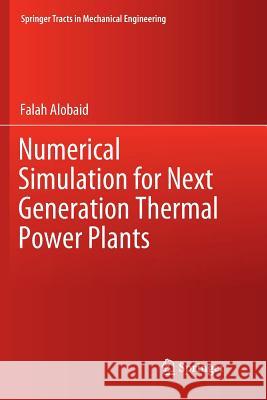Numerical Simulation for Next Generation Thermal Power Plants » książka
topmenu
Numerical Simulation for Next Generation Thermal Power Plants
ISBN-13: 9783030094379 / Angielski / Miękka / 2019 / 431 str.
Kategorie:
Kategorie BISAC:
Wydawca:
Springer
Seria wydawnicza:
Język:
Angielski
ISBN-13:
9783030094379
Rok wydania:
2019
Wydanie:
Softcover Repri
Ilość stron:
431
Waga:
0.63 kg
Wymiary:
23.39 x 15.6 x 2.36
Oprawa:
Miękka
Wolumenów:
01
Dodatkowe informacje:
Wydanie ilustrowane











